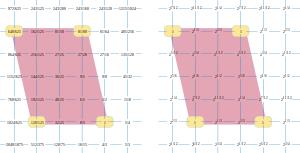
Cargando...
Was kann ich tun?
226305 materialEducativo
textoFiltroFichatipo de documento Wikipedia-Artikel DbpediaThing
Über diese Ressource...

Exklusive Inhalte für Mitglieder von

Mira un ejemplo de lo que te pierdes
Kategorien:
Tags:
Fecha publicación: 21.4.2015
Möchtest du einen Kommentar abgeben? Registriere dich oder inicia sesión
Si ya eres usuario, Inicia sesión
Add to Didactalia Arrastra el botón a la barra de marcadores del navegador y comparte tus contenidos preferidos. Más info...
Kommentieren
0